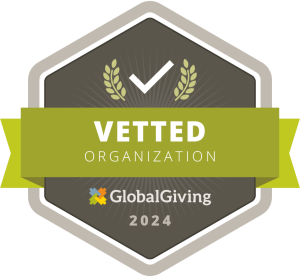Last updated on March 30, 2023

What is Doxxing?
Doxxing takes place when a threat actor circulates someone’s private information on the internet. The main intention of doxxing is to harass the person whose information is being shared.
What type of private information can be doxxed?
Name, mobile number, home address, financial data, pictures, videos, details of family and workplace are some of the information that can be published by doxxers.
How does doxxing work?
Most of the doxxing attacks happen due to disputes with strangers on social media. For instance, if a person disagrees with something that is posted on social media he / she may find personal information of the person who posted it and make room for harassment.
A doxxer can collect information via several methods;
- Simply searching on Google for public records
- Requesting public records from data broker sites
- Hacking email accounts or social media accounts
- Buying information from criminals on the dark web
- Through a phishing or spam email with a spyware link
What to do if you have been doxxed?
Step 1 – Do not have any sort of argument / communication with the doxxer
Step 2 – Keep a record of the information released online
Step 3 – Contact legal authorities to file a formal complaint against the offender
Step 4 – Request the sites that are hosting the information to take it down
Can we stop getting doxxed?
Generally, doxxing is not considered a crime if you make your own personal information available publicly. However, when they are used with the intention to harass or threaten, the case becomes illegal in many countries. Ultimately finding / punishing the online perpetrators is not an easy task either. Therefore, it is always possible to take precautions to minimize the risks of being doxxed as per the safety tips shown below.
- Google yourself to see what information is available about you online and take steps to report / remove inappropriate or private content (if any).
- Beware of what you share publicly.
- Check Privacy settings of your email / social media accounts and make sure that your private information is private
- Create strong passwords and enable Multi-Factor Authentication (MFA)
- Delete your data from data broker sites
- Consider VPNs and private browsers
- Check what permissions are required (to access data) when you install apps and adjust accordingly
- Use secure Wi-Fi networks
Sources:
https://www.usnews.com/360-reviews/privacy/what-is-doxxing
https://www.rd.com/article/what-is-doxxing/
https://www.digitalinformationworld.com/2019/03/infographic-how-to-handle-online-harassment.html

